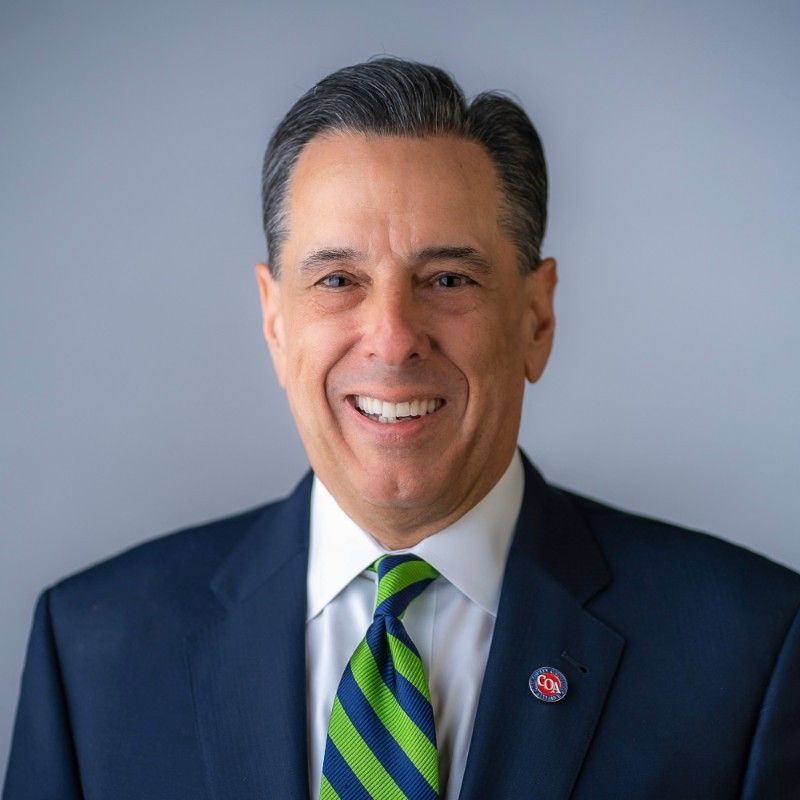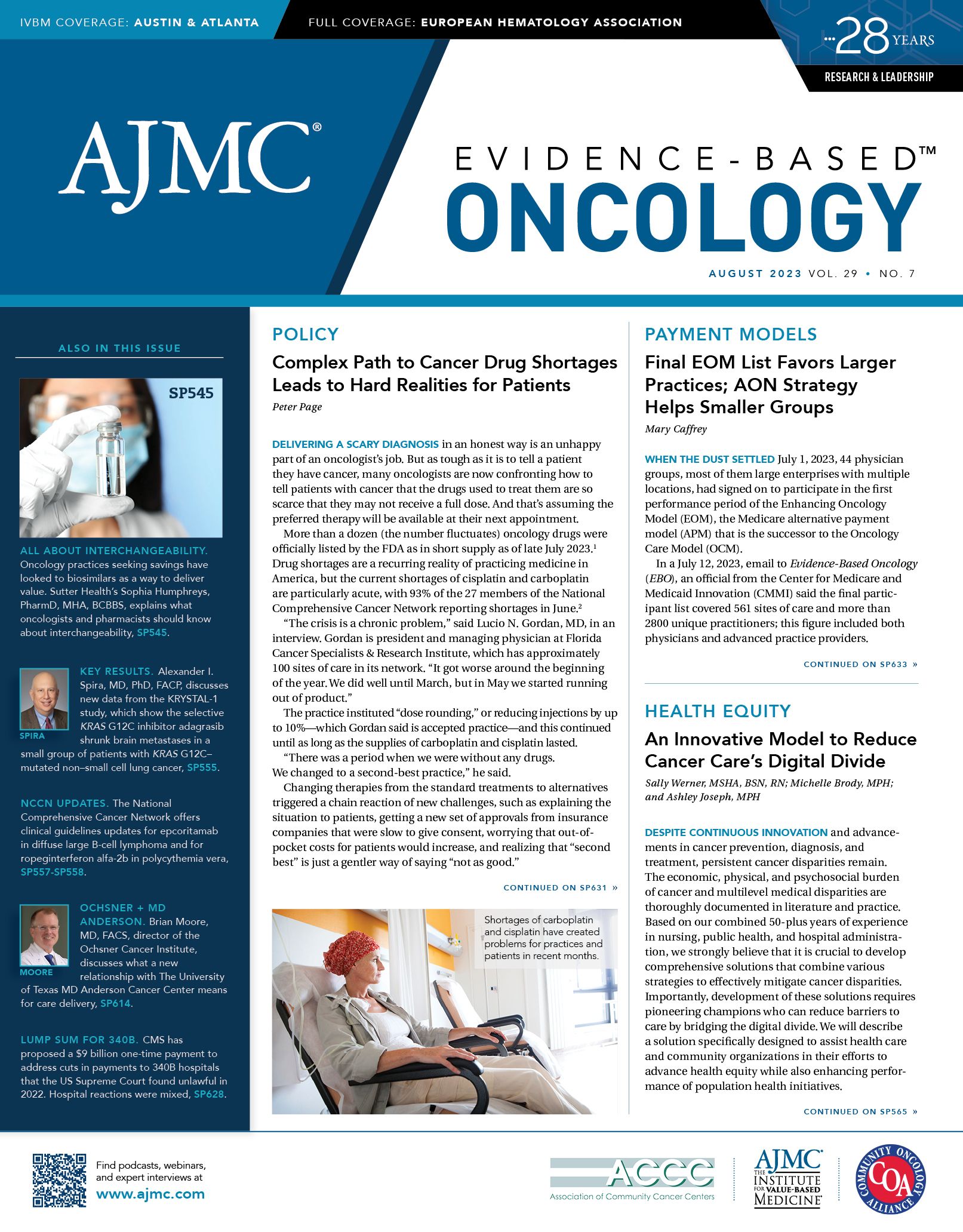- Center on Health Equity & Access
- Clinical
- Health Care Cost
- Health Care Delivery
- Insurance
- Policy
- Technology
- Value-Based Care
COA Sues HHS Over FAQ That Limits Oral Drug Delivery
On July 26, 2023, the Community Oncology Alliance (COA) sued HHS on behalf of its members and their patients to reverse a recent federal policy change that blocks oncology cancer practices from delivering drugs to patients. In a statement, COA called said the suit calls the change “an unconstitutional and dangerous display of government overreach that presents real and irreparable injury to patients.”
Filed in US District Court in the District of Columbia, the suit responds to a Frequently Asked Questions (FAQ) document issued by CMS, which told practices that they would be violating the Stark law if they delivered oral cancer medications to their patients, even if a caregiver picks up a drug for a patient. The guidance took effect on May 11, 2023, in advance of the end of the COVID-19 Public Health Emergency (PHE).
Okon

“HHS has blatantly and clearly overreached with this FAQ and cancer patients are suffering because of it. COA filed this lawsuit because we cannot let the government simply make unconstitutional rule changes whenever it wants,” said Ted Okon, executive director of COA. “By allowing this FAQ to silently become official policy, CMS has courted disaster for cancer patients and others with serious diseases across the country. The clinical best practices and procedures for patient care, that practices followed forever, are now being upended by bureaucratic edict and putting Medicare seniors at risk.”
The case states that the result of the FAQ has been serious disruptions in care for patients with cancer. In some cases, CMS’ guidance has forced patients to rely on pharmacy benefit manager (PBM) mail order pharmacies; COA has long complained that these pharmacies cause delays and have delivery problems. The CMS guidance also makes no exception for patients with cancer who are too to pick up their drugs, especially in rural or underserved areas, and low-income patients who are now forced to travel, often by public transportation, to collect their oral drugs from the clinic because they can no longer be mailed or shipped.
COA believes that the rule change quietly issued through an FAQ on a website violates the federal rulemaking process for a “substantive amendment” to existing rules, in addition to the 10th Amendment to the United States Constitution. “The Medicare Act and Administrative Procedure Act require formal notice and comment periods so that stakeholders can be adequately notified and allowed to express their concerns before such major changes to existing rules,” COA said in its statement. In addition, the group states, the 10th Amendment “should protect those States with preexisting physician-dispensed medication mailing rules from interference by the federal government.”
The case, Community Oncology Alliance v Becerra et al, is case number 1:23-cv-02168, in the US District Court for the District of Columbia. Jonathan Levitt, Jason Silberberg and Matthew Modafferi of Frier Levitt LLC represent COA.

